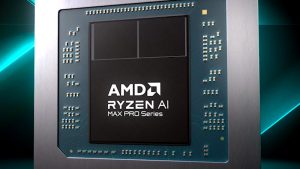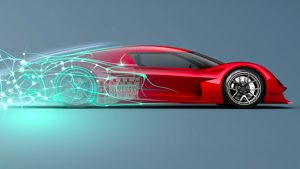Reviews
User Score
Rate This
Descriptions:
Design research, as a tool for understanding and navigating our complex world, shares intriguing parallels with the philosophical journey of the Ship of Theseus. Both explore the evolving nature of systems and the impact of incremental changes over time.
Just as the Ship of Theseus gradually replaces its planks, embracing digital transformation has become crucial in the design world. Dr. Spellman’s career exemplifies this shift, mirroring the broader adoption of digital tools and platforms in shaping user experiences. This transition, however, requires careful consideration of the ‘essence’ of design, ensuring that core values like inclusion and accessibility remain paramount, much like maintaining the seaworthiness of the Ship of Theseus as its components are replaced.
Delving deeper, design research often grapples with complex systems where interconnected elements interact in unpredictable ways, much like the chaotic seas the Ship of Theseus navigates. Within this chaotic system, the designer acts as a ‘strange attractor’, introducing constraints and guiding the design process towards a desired outcome. This iterative process, with its cycles of prototyping and refinement, reflects the fractal patterns often observed in both chaotic systems and the continuous evolution of the Ship of Theseus.
However, the emergence of truly novel ideas in design, like the philosophical questions sparked by the Ship of Theseus, requires a different lens. This is where the analogy of quantum mechanics becomes particularly relevant. Just as the Ship of Theseus challenges our understanding of identity and change, quantum mechanics allows for the exploration of ideas in multiple states, their entanglement leading to emergent properties and innovative solutions.
Both design research and the metaphor of the Ship of Theseus highlight the importance of human agency, especially in the age of AI. As technology evolves, potentially replacing more ‘planks’ of human tasks, Dr. Spellman’s work emphasizes the need to maintain a balance, ensuring that technology serves human needs and enhances, rather than diminishes, our ability to navigate the complexities of our world.





